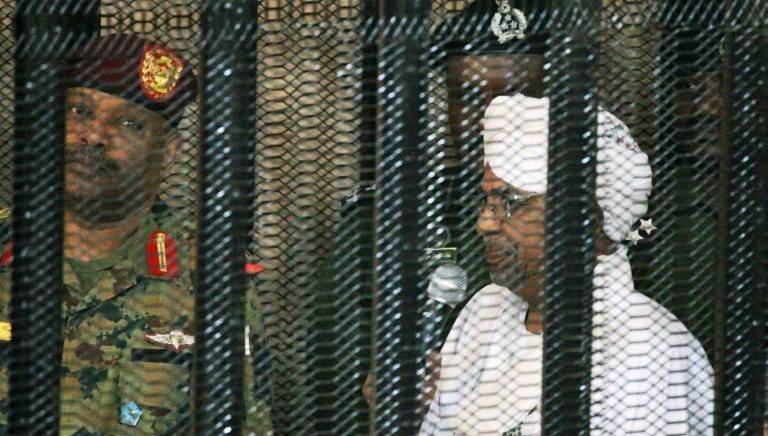DUP rejects handover of Sudan’s former president to ICC

November 12, 2019 (KHARTOUM) – The Democratic Unionist Party (DUP) of Mohamed Osman al-Mirghani Tuesday has rejected calls to extradite ousted Sudanese President Omer al-Bashir to the International Criminal Court (ICC).
The International Criminal Court in The Hague issued two arrest warrants in 2009 and 2010 for al-Bashir who is indicted for war crimes, crimes against humanity and genocide committed in Darfur.
DUP leading member Ali al-Sayed told Sudan Tribune on Tuesday that his party “refuses in principle to try any Sudanese before the International Criminal Court.”
Al-Sayed who is also a lawyer added there is no longer any reason that can justify his hand over, stressing the judiciary now is independent and impartial.
“Now the judiciary has become independent and any talk about trials aborad undermines its credibility,” he said. “There is no justification for transferring anyone to the ICC, whether Omer al-Bashir or anyone else.”
He urged the political forces demanding al-Bashir’s handover to the court to review their position and to seek national reconciliation and to dedicate more time to what concerns people in these “difficult circumstances”.
The DUP was among the political groups participating in the al-Bashir’s government. Al-Mirghani’s support to al-Bashir pushed several groups in the party to break away and later took part actively in the protest movement that toppled down the former regime.
The Islamist Popular Congress Party which was also part of the al-Bashir regime on Monday backed the handover of the ousted president pointing to the position of its late leader Hassan al-Turabi when he was in the opposition before to join the al-Bashir government.
PCP Secretary-General Ali al-Hajj told a news conference that there were no courts that could try Bashir, especially since the justice institutions in Sudan have not yet been reformed.
The complementarity principle, one of the main principles of the ICC, entails that the ICC can investigate and prosecute serious international crimes when national jurisdictions are unable or unwilling to end impunity.
On November 3, the ruling Forces for Freedom and Change announced their agreement to hand over the deposed president to the International Criminal Court, once the Sudanese judges issue verdicts on several cases he faces.
Following what Prime Minister Abdallah Hamdok announced his government determination to satisfy the demand of Darfur displaced persons to hand over al-Bashir to the war crimes court.
(ST)
